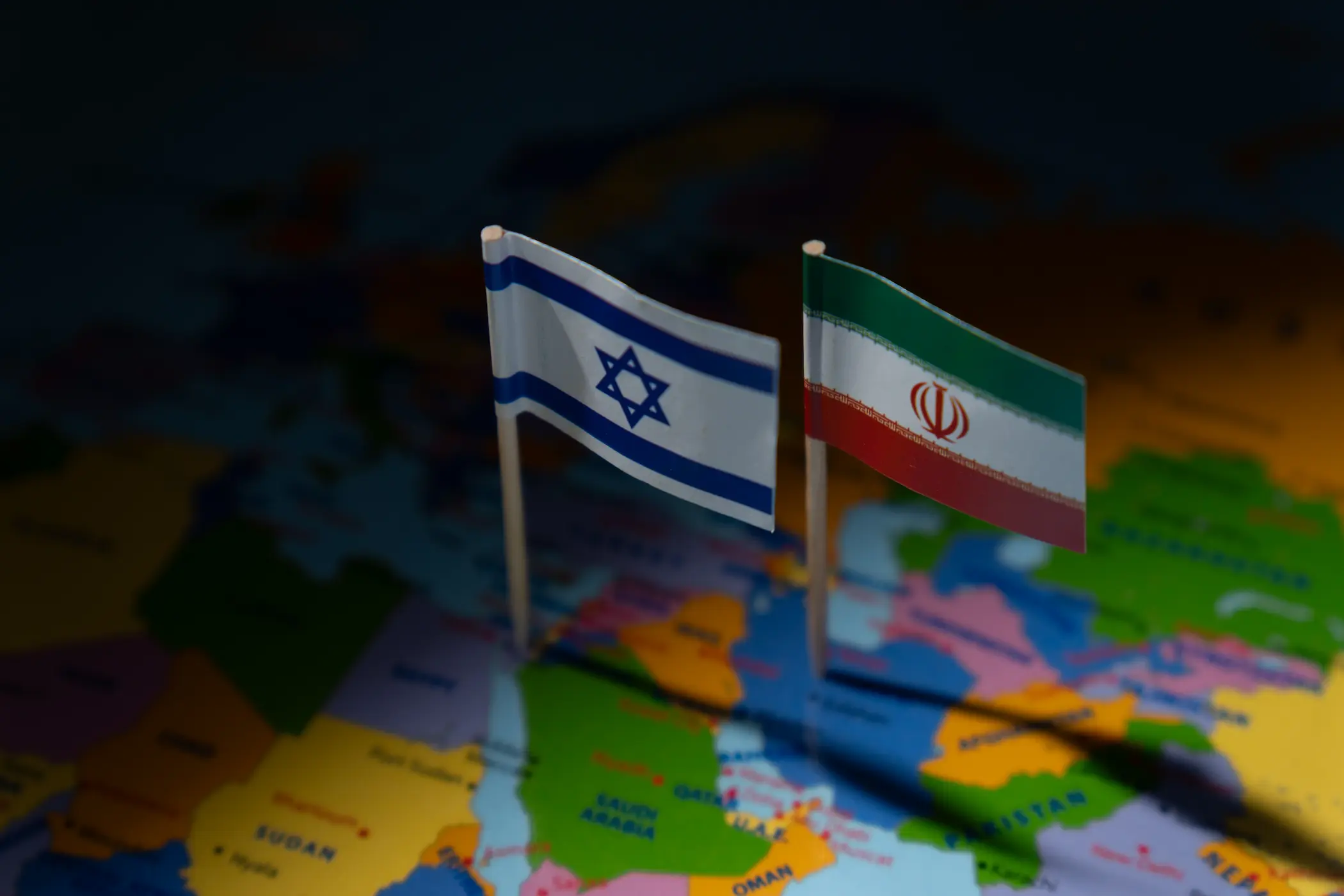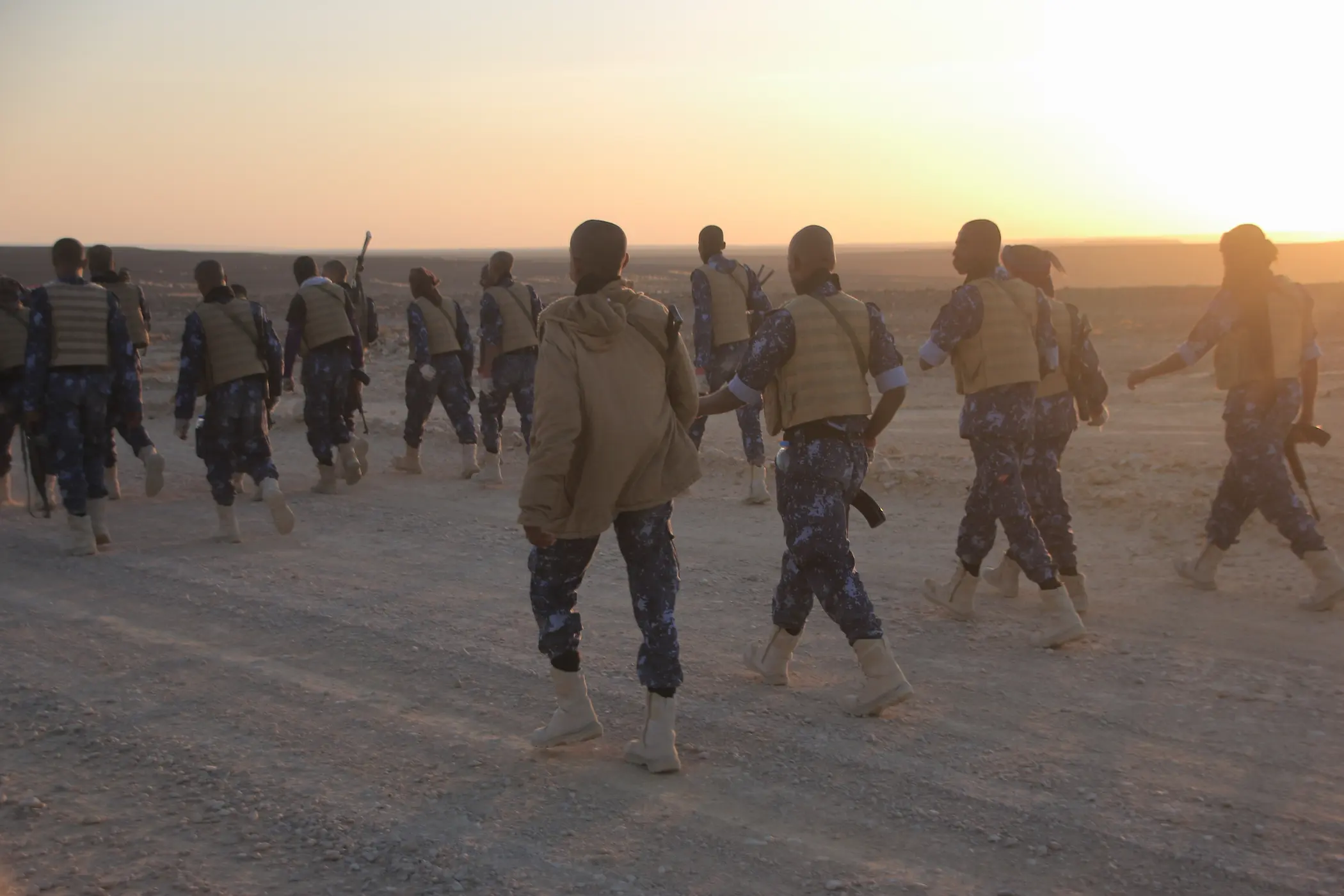18 Sep 2025
The War of June 2025: A Clash of Civilisations or a Catalyst for a New Middle East?
As many regional and global powers rush to reshape the Middle East to serve their strategic interests, the past two years have been marked by a cascade of transformative and often tumultuous events. These include the Israeli army’s large-scale invasion of the Gaza Strip following October 7, efforts to diminish Hezbollah’s influence in Lebanon, the fall of the Assad regime in Syria, intensifying Israeli military operations against Iran, and most recently, a wave of Western countries intending to formally recognise a Palestinian state alongside Israel’s announcement of plans for the annexation of the West Bank and a comprehensive occupation of the Gaza Strip.
Together, these rapid developments not only underscore deepening conflict and instability but also actively fuel the emerging discourse about the "New Middle East", a strategic framework envisioned by key actors outside of the region that seeks to redefine the geopolitical, security, economic, and diplomatic order of the region. The intertwining of hard power manoeuvres, shifting alliances, and economic realignments signals a significant recalibration rather than a mere continuation of the status quo.
In 2025, the potential rise in Western recognition of Palestinian statehood reflects growing international dissatisfaction with existing diplomatic frameworks and a push to rethink longstanding regional issues, directly challenging Israel’s traditional security and diplomatic calculus. Concurrently, Israel’s authorised military plan to take full control of Gaza exemplifies a decisive shift toward hardening its territorial and security posture, marking an unprecedented phase in Israeli-Palestinian relations and regional politics.
The confluence of these developments amplifies the narratives and policies underpinning the New Middle East: a vision premised on assertive state-centric realignments, expanded normalisation efforts, a recalibrated balance of power, and an economy-driven model of regional transactions. This evolving order encompasses ambitions to diminish Iranian influence, redefine Palestinian sovereignty on new terms, and facilitate deeper economic and security integration among select regional actors.
Ultimately, these events serve both as catalysts and manifestations of the "New Middle East" discourse. They reflect a region in flux where entrenched conflicts and new diplomatic initiatives are simultaneously eroding old paradigms and opening pathways for a fundamentally restructured Middle Eastern landscape.
This paper critically explores how the recent rapid developments in the Middle East contribute to shaping competing visions of the region’s future. It assesses whether the ongoing transformations reflect a deeper realignment driven by strategic state interests, expanding economic interdependence, and a recalibrated regional order that transcends historical cycles of conflict. Specifically, the analysis considers if these changes primarily illustrate Samuel Huntington’s "Clash of Civilisations" thesis—attributing post-Cold War regional conflicts to cultural and religious identity divisions—or if they instead represent a deliberate and calculated strategic effort to "reshape the Middle East" through redefined state priorities, shifting power dynamics, and newly forged regional and international alliances.
3 Jun 2025
Why the Houthis Insist on Attacking Israel?
The Houthi armed group has been launching missile and drone attacks on Israel since the start of the Hamas-Israel war in October 2023. While these actions have been undertaken to show solidarity with Gaza and the Palestinian cause, the Houthi utilised these attacks to increase its popularity in Yemen. Moreover, the Houthi group, which is mainly supported by Iran, used these attacks to prove that it is capable militarily of engaging with foreign powers, hence delivering a message to the Aden-based legitimate government and its Gulf allies that it is militarily ready to engage with them.
21 Jul 2024
The Power of the Word: How the UAE Redefined International Mediation?
The 21st century has witnessed a resurgence of mediation as a pivotal tool for resolving international disputes. This resurgence is driven by the complexities of contemporary conflicts and the expansion of threats beyond traditional regional conflicts, civil wars, and political crises. The scope of security threats now includes issues such as climate change, cybersecurity, and transnational organised crime.
Several countries have played significant roles in mediation, leveraging their diplomatic acumen, political influence, and economic resources to facilitate dialogue and prevent escalation. Norway has consistently demonstrated its commitment to peacebuilding through active participation in resolving conflicts among the most prominent mediators. From Sri Lanka to Colombia and the facilitation of the Oslo Accords, Norway has embodied its ability to promote dialogue between seemingly irreconcilable adversaries.
Known for its multilateral approach and emphasis on consensus building, Finland initiated the Group of Friends of Mediation in September 2010, significantly contributing to peace processes in the Horn of Africa. Similarly, Switzerland, with its long-standing tradition of neutrality, has provided a safe and neutral venue for countless peace talks and negotiations, fostering an environment conducive to compromise and resolution.
Amid the resurgence of mediation in international diplomacy, the last decade has witnessed the emergence of non-Western actors in this field. At the forefront is the United Arab Emirates (UAE), which has become an essential player in the Middle East and beyond. Since its founding, the UAE has combined traditional Arab values with modern diplomatic practices to address the cultural complexities of regional conflicts, adopting a policy of promoting peace, security, and stability both regionally and globally.
The UAE’s commitment to mediation is evident in its numerous initiatives aimed at calming conflicts and crises, including active mediation in the ongoing conflict in Yemen, facilitating dialogue and humanitarian aid, playing a crucial role in reconciliation efforts between India and Pakistan; its pivotal role in the historic 2018 peace agreement between Ethiopia and Eritrea, marking a significant achievement in regional stability; facilitating prisoner exchanges between Russia and Ukraine, showcasing the UAE's diplomatic reach; mediation efforts between Russia and the United States (U.S.), further highlighting the UAE's influence; and hosting the COP28 Climate Conference in Dubai, underscoring the UAE's active participation in global diplomacy.
However, the path to mediation is fraught with challenges. The inherent complexities of many regional conflicts, the conflicting interests of the parties involved, and the need to balance mediation efforts with national interests can hinder the achievement of sustainable solutions. Additionally, maintaining neutrality in polarised situations, limited influence over non-state actors, and potential capacity constraints are challenges that the UAE must overcome to ensure the continued success of its mediation efforts. Hence, the UAE’s role as a rising international mediator, focusing on the factors that enabled its rise, its mediation strategies, and the impact of its efforts on regional and global conflicts will be examined.


